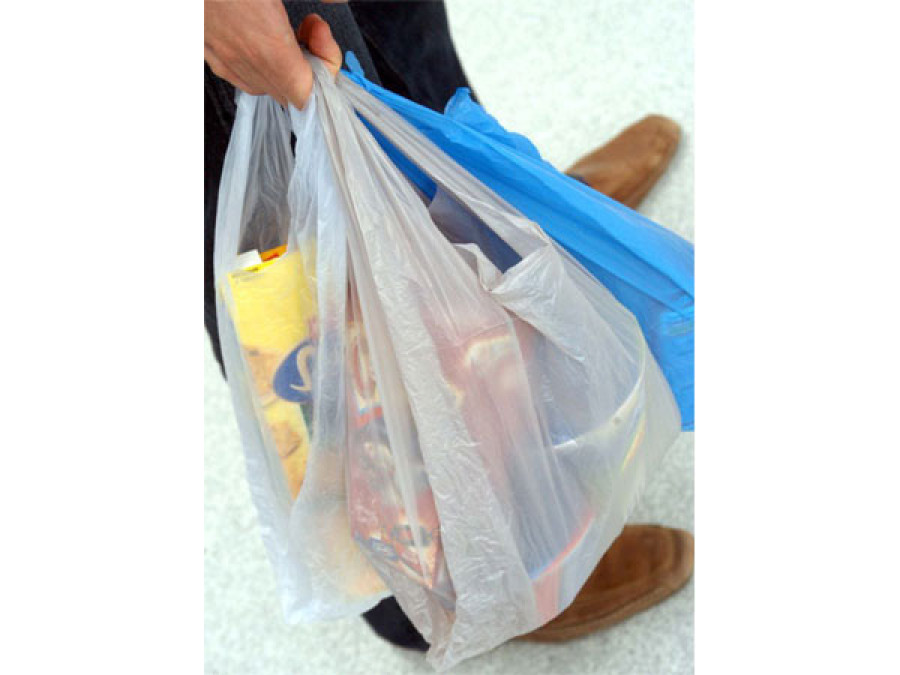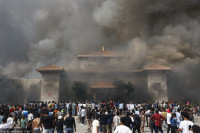Valley
Govt steps up monitoring on plastic ban
The government has decided to strictly reinforce the ban on polythene bags undertaken about three months ago, less than two weeks before the Great Earthquake struck the nation on April 25.
Following directives from Parliament over the threat of the use of toxic plastic bags, the Ministry of Science, Technology and Environment (MoSTE) had imposed a ban on import, production and use of polythene bags less than 30 microns in thickness with effect from April 14.
However, the ban could not be monitored effectively as the country was hit by the earthquake less than two weeks after the government move. The Department of Environment has now stepped up monitoring and action against those found selling or using plastic bags instead of other environment-friendly alternatives, such as jute or cloth bags.
About a week ago, the DoE under the MoSTE organised programmes to inform about the resumption of monitoring and action against the use of plastic bags inside Kathmandu Valley. Now within a week period, over 200 kilograms of plastic bags ready for use by the shopkeepers in various places inside the Valley has been seized so far, according to the authorities at the DoE.
This is not the first attempt to discourage the use of plastic bags. In 2002, when the Supreme Court directed the government to enforce the decision to ban the use of plastic bags, the government dithered. Later, almost a decade later, in 2011, the government came up with the Plastic Bags Regulation and Control Directive. This directive came with a ‘punishment mechanism’, and was accompanied by the Kathmandu Metropolitan City’s decision to ban polythene use but both failed to make an impact.
There are around 200 plastic companies operating inside the Valley.




 12.12°C Kathmandu
12.12°C Kathmandu









